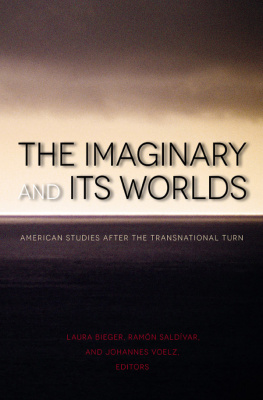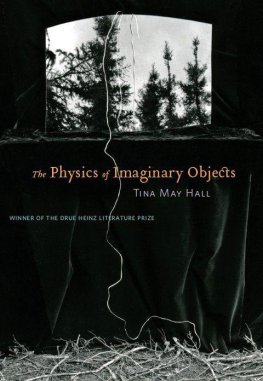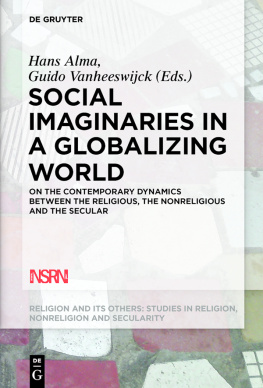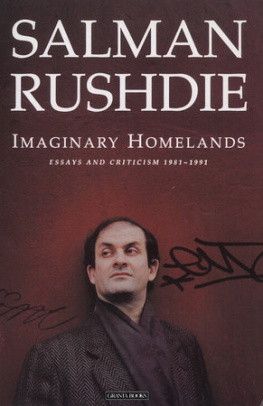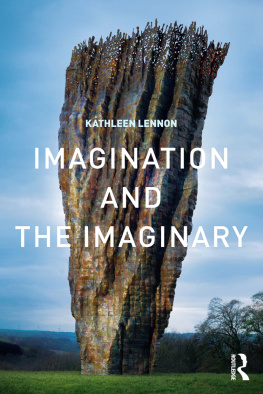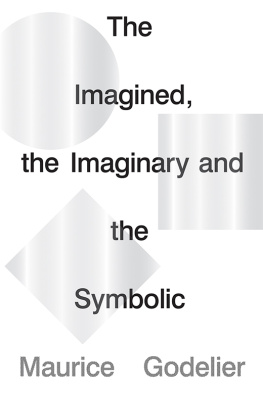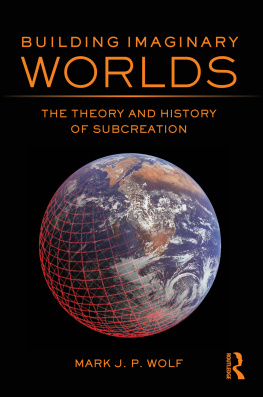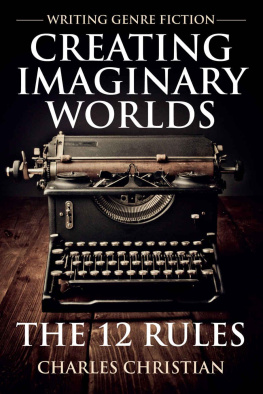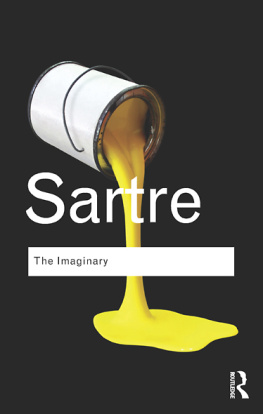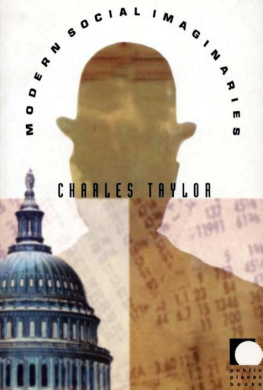RE-MAPPING THE TRANSNATIONAL
A Dartmouth Series in American Studies
Series Editor
Donald E. Pease
Avalon Foundation Chair of Humanities
Founding Director of the Futures of American Studies Institute
Dartmouth College
The emergence of Transnational American Studies in the wake of the cold war marks the most significant reconfiguration of American Studies since its inception. The shock waves generated by a newly globalized world order demanded an understanding of Americas embeddedness within global and local processes rather than scholarly reaffirmations of its splendid isolation. The series Re-Mapping the Transnational seeks to foster the cross-national dialogues needed to sustain the vitality of this emergent field. To advance a truly comparativist understanding of this scholarly endeavor, Dartmouth College Press welcomes monographs from scholars both inside and outside the United States. For a complete list of books available in this series, see www.upne.com.
Laura Bieger, Ramn Saldvar, and Johannes Voelz, editors, The Imaginary and Its Worlds:American Studies after the Transnational Turn
Paul A. Bov, A More Conservative Place: Intellectual Culture in the Bush Era
John Muthyala, Dwelling in American: Dissent, Empire, and Globalization
Winfried Fluck, Donald E. Pease, and John Carlos Rowe, editors, Re-Framing the Transnational Turn in American Studies
Lene M. Johannessen, Horizons of Enchantment: Essays in the American Imaginary
John Carlos Rowe, Afterlives of Modernism: Liberalism, Transnationalism, and Political Critique
Anthony Bogues, Empire of Liberty: Power, Desire, and Freedom
Bernd Herzogenrath, An American Body|Politic: A Deleuzian Approach
Johannes Voelz, Transcendental Resistance: The New Americanists and Emersons Challenge
THE
IMAGINARY
AND ITS
WORLDS
American Studies after the Transnational Turn
Edited by
Laura Bieger, Ramn Saldvar, and Johannes Voelz
DARTMOUTH COLLEGE PRESS
Hanover, New Hampshire
DARTMOUTH COLLEGE PRESS
An imprint of University Press of New England
www.upne.com
2013 Trustees of Dartmouth College
All rights reserved
For permission to reproduce any of the material in this book, contact Permissions, University Press of New England, One Court Street, Suite 250, Lebanon NH 03766; or visit www.upne.com
Library of Congress Cataloging-in-Publication Data
The imaginary and its worlds: American studies after the transnational turn / edited by Laura Bieger, Ramn Saldvar, and Johannes Voelz.
pages cm.(Re-mapping the transnational: a Dartmouth series in American studies) Based on papers originally presented at a 2009 conference hosted at the John-F.-Kennedy-Institut of the Freie Universitt Berlin.
Includes bibliographical references and index.
ISBN 978-1-61168-418-6 (cloth: alk. paper)ISBN 978-1-61168-407-0 (pbk.: alk. paper)ISBN 978-1-61168-406-3 (ebook)
1. American literatureHistory and criticismCongresses. 2. Transnationalism in literatureCongresses. 3. Culture in literatureCongresses. 4. Literature and transnationalismUnited StatesCongresses. 5. TransnationalismUnited StatesCongresses.
I. Bieger, Laura, editor of compilation. II. Saldvar, Ramn, 1949 editor of compilation. III. Voelz, Johannes, editor of compilation.
PS169. T73I43 2013
810.9355dc23 2012046204
Contents
The Imaginary and Its Worlds
An Introduction
LAURA BIEGER, RAMN SALDVAR, AND JOHANNES VOELZ
This collection of essays is dedicated to conceptualizing the imaginary as a critical tool for the study of American literature and culture after the transnational turn. Without a doubt, the transnational turn (a term coined by Shelley Fisher Fishkin) is here, and here to stay: the field of transnational American studies is growing with breathtaking rapidity, generating work on a wide range of cultural, political, and economic configurations that reach across national boundaries and change our views of what is situated within them. Even objects of study that once required a national frame of analysis now seem to demand a focus that does justice to regional, hemispheric, and global connectivities. The objective of this volume, however, is not to contribute to the scholarship of particular transnational formations, or to the mapping of the transnational turn. Rather, we are concerned with the concept of the imaginary, which the transnational turn newly urges us to recognize as a methodological and conceptual problem, and which takes different contours in a world conceived in transnational terms.
Transnational American Studies and the Problem of the Imaginary
It is surely no coincidence that the concepts of the imagination and the imaginary have called forth a great level of renewed interest at the very moment when the transnational turn is transforming fields of inquiry once bound by national boundaries and exceptionalism. A wide range of scholars and activists, from David Graeber to Anthony Bogues and Robin G. Kelley, have invoked the radical imagination as the political act of thinking into existence alternative worlds that have not yet been granted social sanctioning or recognition. Indeed, the radical imagination has become something of a rallying cry for all kinds of political movements working toward social change. David Graeber, for instance, has praised the Occupy Wall Street activists of Zuccotti Park as creating a realistic chance for breaking the 30-year stranglehold that has been placed on the human imagination by the regime of free-market neoliberalism (Graeber). These appeals to the concept rest on what Arjun Appadurai has described as the projective sense of the imagination: the sense of being a prelude to some sort of expression, whether aesthetic or otherwise (Appadurai 7). The imagination (which is never quite identical with the term imaginary: well come to the distinction shortly) here refers to the appearance of new possibilities of social organization and political action, which are not yet spelled out as concrete utopias, and whichthanks to the vagueness of the pre-expressiveprovide a source of hope for change.
But the imagination is also what creates the possibility for collective formations to recognize themselves as such, and it is here that the link between the transnational and the imagination/imaginary comes to the fore. The realm of the transnational is generally understood not as a set of stable social units spanning across national orders but rather as a constantly changing ensemble of formations-in-formation. The transnational is frequently described as a world that is in the process of becoming, and that shares with the imagination the sense of the preliminary. From the perspectives of transnational subjects, this means that the imagination takes on a more central role in everyday life, moving it out of its traditional, delimited cultural spaces like myth and ritual. With Appadurai we can argue that the transnational world, consisting of diasporas and spatially dispersed communities of all sorts, bring[s] the force of the imagination, as both memory and desire, into the lives of many ordinary people, into mythographies different from the disciplines of myth and ritual of the classic sort. The key difference here is that these new mythographies are charters for new social projects, and not just a counterpoint to the certainties of daily life (Appadurai 6).
The conceptualizing project undertaken in this volume stems from a particular conversation about the critical merits of the transnational turn, and about recent developments in American studies more generally. In this ongoing debate a group of Americanists from Europe (primarily Germany) and the United States have taken to heart Winfried Flucks call to take the project of transnational studies truly seriously, which means that scholars outside the U.S. do not just mimic the latest U.S.-American developments, but are self-confident and independent enough to develop their own perspective on them (Fluck 2007a, 70). One such difference in perspective is the different intellectual traditions from which the contributors draw. We may broadly describe these traditions as European or continental philosophy on the one hand and poststructuralist or postcolonial ideology critique on the other. In staging acts and axes of this particular conversation, this volume does not return to the familiar cold war geography. Instead it seeks to capitalize on the confrontation of those different traditions, whose evolution resists being mapped onto national territories while being, at least in substantial part, traceable to particular locales and nodal points.
Next page
